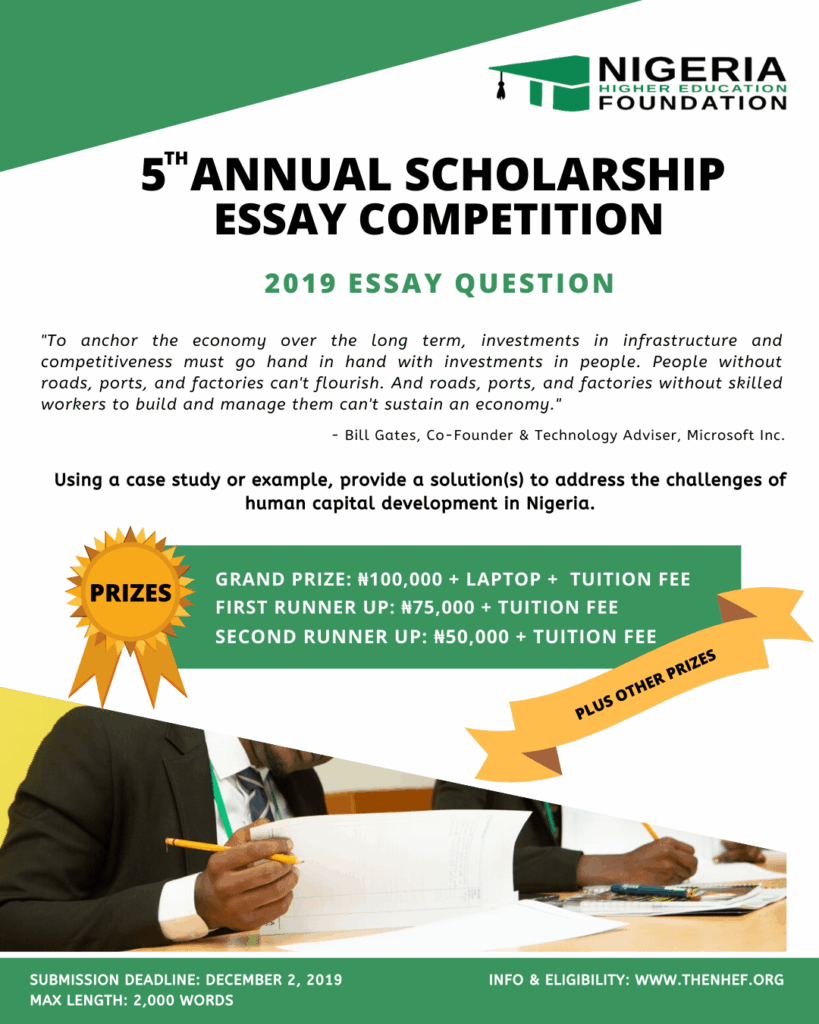I remember staring at the college tuition figures, my heart sinking lower with each passing digit. The dream of higher education felt like a mountain I couldn’t possibly climb, not with the financial burden weighing so heavily on my shoulders. Scholarships seemed like mythical creatures, reserved only for academic prodigies or athletic superstars. Then, I stumbled upon something that felt like a hidden path, a secret weapon for someone like me who loved to write: essay competition scholarships.
Let me tell you my story, not as an expert, but as someone who’s walked this path and wants to show you the way.
My First Glimmer of Hope: "Just Write an Essay?"
It wasn’t a grand revelation, more like a quiet whisper from a guidance counselor who casually mentioned, "You know, some scholarships just ask you to write an essay." Initially, I was skeptical. Just write an essay? It sounded too simple, almost too good to be true. I envisioned lengthy applications, demanding GPAs, and competitive standardized test scores. But this? This felt different.
The appeal was immediate: many essay scholarships don’t always demand perfect grades or a specific athletic talent. They focus on your voice, your ideas, and your ability to tell a story. For someone who enjoyed putting words on paper, this was a revelation. It felt like a chance to shine using a skill I already possessed, rather than trying to fit into a mold.
The Learning Curve: My Early Attempts (and What I Learned)
My first few attempts were… well, let’s just say they were learning experiences. I’d find a prompt, scribble down some thoughts, polish it up quickly, and send it off, convinced I was a shoo-in. Rejection letters (or often, just silence) became a familiar sight. It was discouraging, yes, but each "no" taught me something crucial.
I learned that a good essay wasn’t just about perfect grammar or clever phrasing. It was about connection, authenticity, and truly answering the prompt. I realized I wasn’t digging deep enough. I wasn’t putting enough of myself into the words. My essays were technically sound, but they lacked heart. They didn’t stand out in a sea of other applicants.
This period of trial and error was vital. It pushed me to read winning essays, analyze what made them powerful, and most importantly, to understand that writing isn’t just about typing words; it’s about crafting a message, building an argument, or sharing a piece of your soul.
The Breakthrough: When My Words Paid Off
Then came the email. My heart literally pounded as I saw the subject line. It wasn’t a rejection. It was an acceptance. I had won a scholarship for essays – a generous sum that, while not a full ride, made a significant dent in my tuition bill. My jaw dropped. The wave of relief that washed over me was immense.
That scholarship wasn’t just money; it was validation. It showed me that my voice mattered, that my perspective had value, and that dedication to a craft could genuinely open doors. It was a game-changer, not just for my bank account, but for my confidence. It proved that winning scholarships with essays was a very real, very achievable goal.
Why I Champion Essay Competition Scholarships for Everyone
Now, I champion these opportunities to anyone who will listen, especially students feeling overwhelmed by college costs. Here’s why I think essay writing scholarships are so fantastic:
- They Value Your Voice: Unlike many other awards, these often prioritize your unique perspective, creativity, and critical thinking over just numbers. If you have a story to tell or an opinion to share, this is your arena.
- Practice for the Future: Think of these as excellent practice runs for your college admission essays or even future job applications. The skills you hone – clear communication, persuasive writing, self-expression – are invaluable.
- Accessible to Many: While some require specific criteria, many are open to a broad range of students. You don’t always need to be top of your class or an athletic star.
- Financial Aid You Earn: It’s a tangible way to earn financial aid through your own efforts, reducing the need for loans and alleviating tuition pressure.
- A Diverse Range of Topics: From personal narratives about overcoming challenges to persuasive arguments on global issues, there’s an essay scholarship out there for almost every interest. This means you can often write about something you genuinely care about.
Your Path to Success: How to Find and Win Essay Scholarships
So, how can you follow this path and start finding essay scholarships that fit you? Here’s my advice, distilled from my own journey:
1. Where to Begin Your Search for Essay Scholarships
- Online Scholarship Databases: Websites like Fastweb, Scholarships.com, Cappex, and Niche are treasure troves. Use keywords like "essay," "writing," "creative writing scholarship," or "personal essay scholarship" in your searches.
- Your School Counselor’s Office: They often have lists of local and national opportunities specifically for students in your area.
- University Websites: Many colleges offer their own essay competitions or compile lists of external ones.
- Organizations and Companies: Think beyond schools! Many non-profits, businesses, and community groups offer scholarships based on essays about their mission or a relevant topic.
2. Choosing the Right Essay Competition Scholarship
Don’t just apply to every single one. Be strategic:
- Read the Prompt Carefully: Does the topic genuinely interest you? Can you write authentically about it? If you’re not passionate, it will show.
- Check Eligibility: Make sure you meet all the requirements (age, GPA if any, residency, enrollment status). Don’t waste your time on applications you don’t qualify for.
- Word Count and Guidelines: Adhere strictly to these. Going over or under can disqualify you immediately.
3. Understanding the Prompt: It’s More Than Just Words
This is where I often went wrong initially. Don’t just read the prompt; dissect it.
- What are they really asking? Is it a personal reflection? A persuasive argument? A creative story?
- Identify keywords: What concepts are central? What values are implied?
- Brainstorm: Before you write a single sentence, jot down ideas. Freewrite, create a mind map, talk it out with a friend. Explore different angles and personal connections.
4. Crafting Your Winning Essay: Make It Shine
This is where your unique voice comes in.
- Be Authentic: This is the golden rule. Don’t try to be someone you’re not, or write what you think they want to hear. Your genuine voice is your superpower.
- Tell a Story: Even if it’s a persuasive essay, weaving in personal anecdotes or a narrative thread can make your writing much more engaging and memorable. Show, don’t just tell.
- Start Strong: Your opening paragraph needs to grab the reader’s attention immediately. Make them want to read on.
- Develop Your Ideas: Don’t just state a point; explain it, support it with examples, and explore its implications.
- Structure Matters: A clear introduction, well-organized body paragraphs, and a strong conclusion are essential. Guide your reader through your thoughts.
- Answer the Prompt Directly: While being creative is good, never lose sight of the question. Ensure every part of your essay contributes to answering it.
- Proofread, Proofread, Proofread: A single typo can undermine your credibility. Read your essay aloud, use grammar checkers, and ideally, have someone else review it for clarity and errors.
5. Persistence is Key
You won’t win every essay competition scholarship you apply for, and that’s perfectly normal. My early rejections taught me resilience. Each essay you write, even if it doesn’t win, improves your writing skills and prepares you for the next opportunity. Don’t get discouraged by a "no." Learn from it, refine your approach, and keep trying. There are always more scholarships for essays out there.
Your Story, Your Future
If you have a story to tell, an opinion to share, or just enjoy putting words on paper, then essay competition scholarships might just be your secret weapon for college funding, just like they were for me. It’s more than just money; it’s an investment in yourself, your voice, and your future.
So, go ahead, pick up that pen (or open that document)! Your next scholarship could be just a few well-chosen words away.



